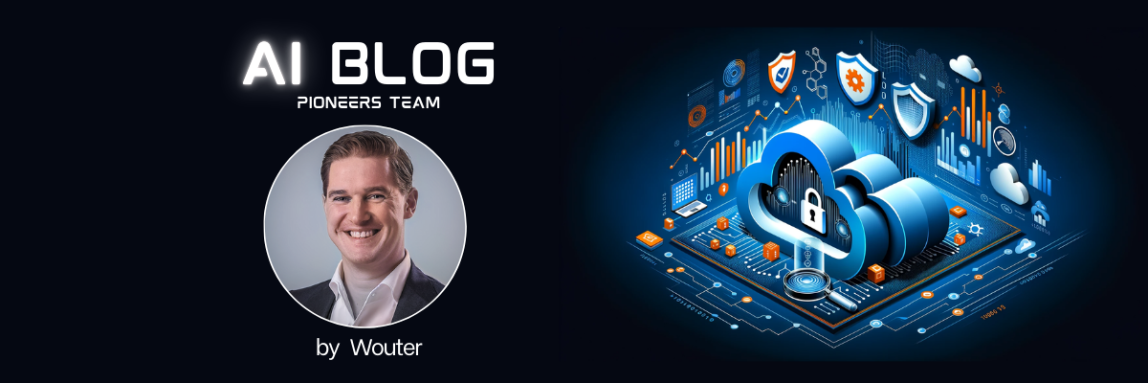
AI Privacy & Security: Do's and don'ts of safe online behaviour
11/21/2024 - 14:22
Recent and ongoing developments in artificial intelligence offer significant benefits in terms of utility and accessibility for individual users. However, these advancements come with the potential risk of compromising personal data privacy. The value of this trade-off varies depending on the specific use case. Wouter van Tankeren, Lecturer in Data Governance and Business Intelligence at Breda University of Applied Sciences, shares his top tips for safe online behaviour in this evolving digital landscape.